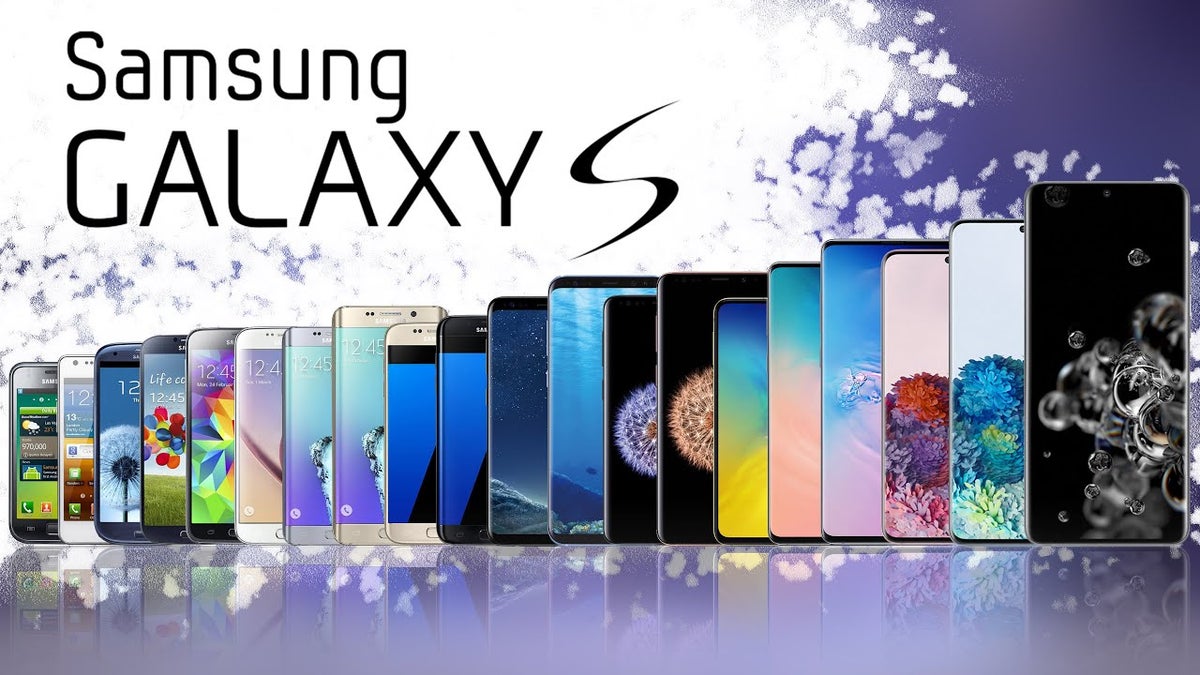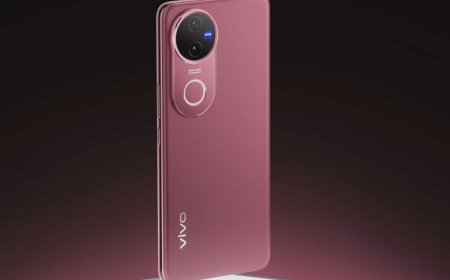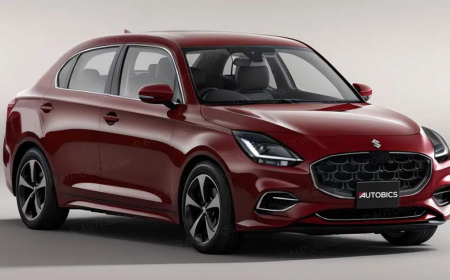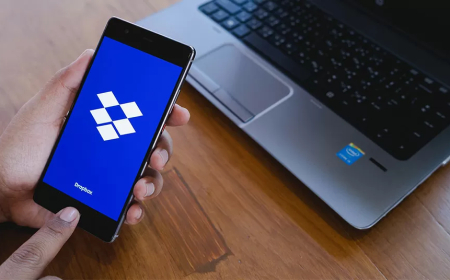Is Samsung Ready to Replace the Iconic Galaxy Brand?
Samsung is considering dropping its well-established Galaxy brand for certain devices, aiming to position its premium offerings distinctly. This initiative may reflect a significant shift in branding strategy as the company looks for a fresh identity.

In a strategic pivot that echoes trends in the automotive industry, Samsung is reportedly exploring a new branding strategy that could see the renowned Galaxy brand replaced or joined by a new name for its premium smartphone lineup. The company’s decision comes in light of increasing competition from rivals, particularly Apple, as Samsung seeks to redefine its market position amid disappointing financial results. This potential rebranding aims to create a clearer distinction between its high-end devices and budget offerings to better capture consumers' attention.
Reports from E-Today, a Korean media outlet, suggest that Samsung is evaluating the pros and cons of launching a new brand that could cater specifically to its premium offerings. Lee Young-hee, head of global marketing at Samsung Electronics, hinted at the need for this change during CES 2024. He acknowledged that the Galaxy lineup has expanded so extensively that consumers now expect a more distinctive name when significant innovations are introduced. This aligns with broader marketing practices that emphasize clear brand identities to foster consumer recognition and loyalty.
Currently, the Galaxy brand encompasses a wide array of products, ranging from entry-level devices priced between 200 to flagship models that can exceed $1,800. This dilution of brand prestige may make it challenging for consumers to perceive Galaxy as a premium brand. By potentially adopting a new identity for its higher-end smartphones, Samsung could better differentiate these products within a crowded marketplace, which has seen Apple dominate sales among younger consumers looking for premium alternatives.
The inspiration behind this move can be likened to Hyundai’s successful launch of its Genesis brand, which has effectively segmented its luxury vehicle offerings from its more affordable models. Samsung might aim to replicate this success by establishing a distinct identity for its flagship devices. However, the feasibility of such a strategy remains uncertain. As the Galaxy brand is a significant part of the smartphone landscape, transitioning to a new name poses various risks. Enhancing market share and consumer recognition while simultaneously risking alienation of existing customers calls for a carefully executed plan.

To further complicate matters, Samsung must consider the implications of this rebranding on its existing customer base. Many consumers associate Galaxy with a variety of devices, including smartphones, tablets, and wearable technology. Thus, any shift in branding could confuse customers who have come to rely on the Galaxy name for quality and innovation. Samsung needs to tread cautiously, ensuring that the transition communicates value effectively while retaining current consumers' loyalty.
Despite the challenges, this endeavor could be an opportunity for Samsung to reinvent itself in a changing market landscape. The smartphone industry is currently dominated by the perception of premium versus budget-friendly offerings, making brand differentiation crucial. If Samsung's new branding strategy is executed well, it could potentially rejuvenate its flagship lineup and attract newer consumers who are drawn to distinct identities rather than broad categories.
As the firm navigates this pivotal point, market reactions will be vital. Analysts predict that the upcoming quarters could reflect how well this strategy resonates with consumers. Samsung’s decision to innovate suggests a forward-thinking approach that recognizes the need for adaptability in the fast-evolving tech environment. Whether this gamble pays off remains to be seen, but it undoubtedly sets the stage for significant changes in how Samsung positions itself in the marketplace.
















































